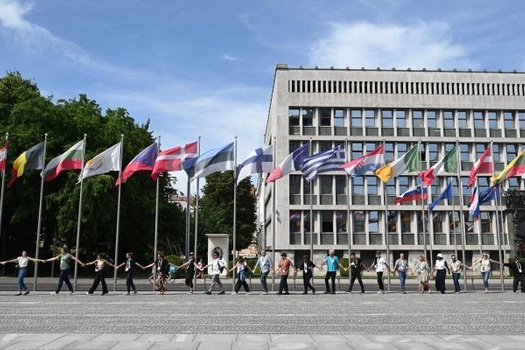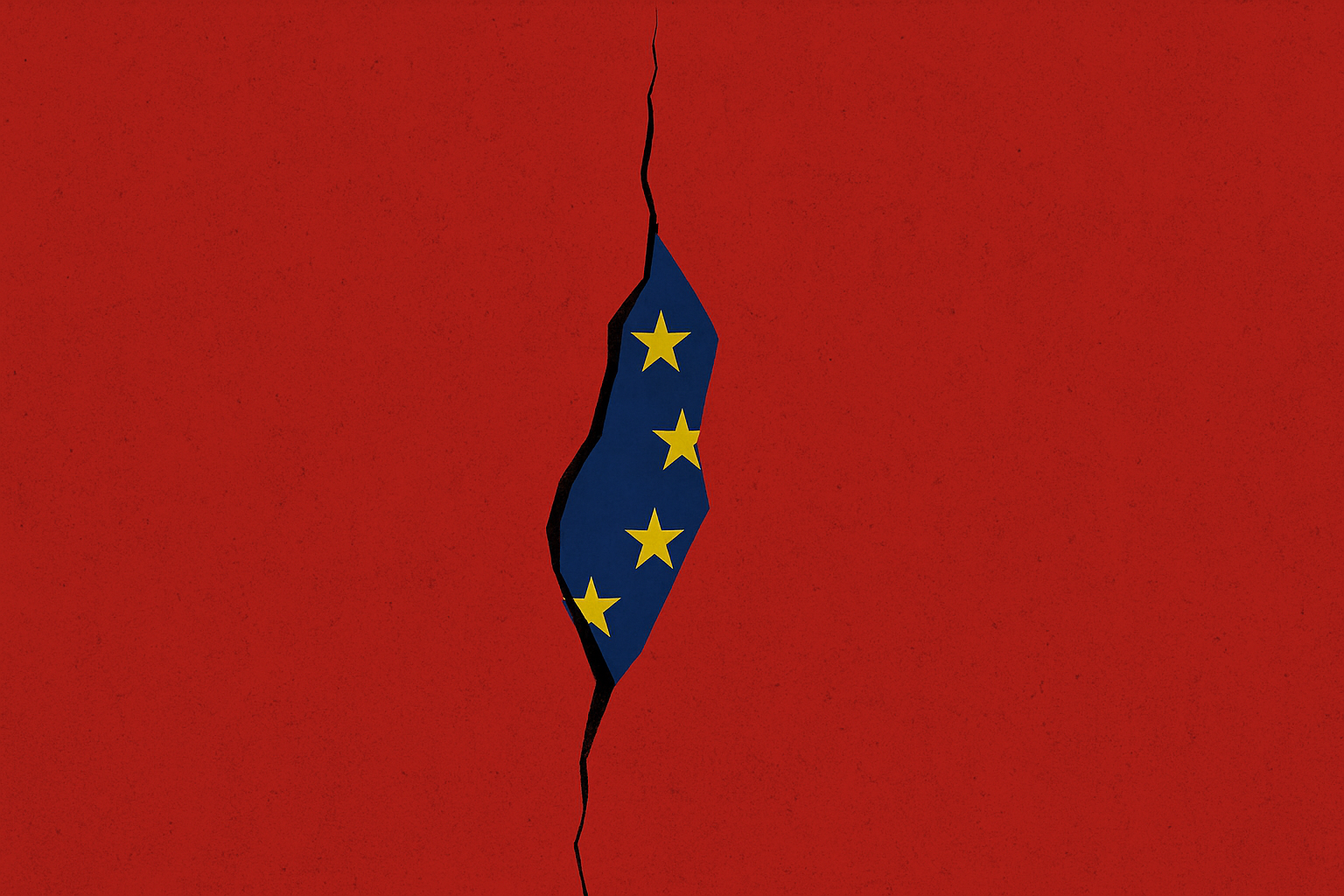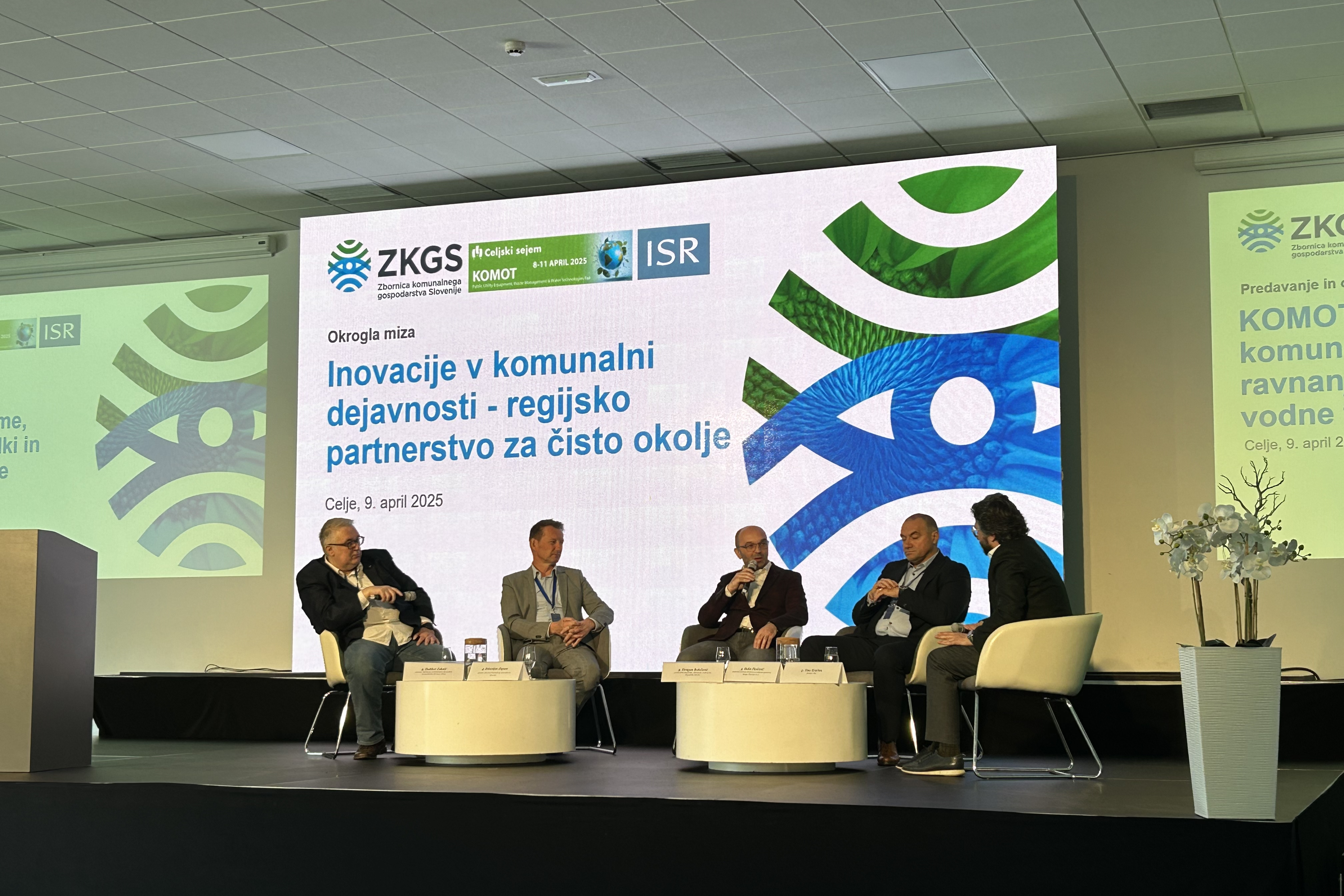Sustainable finance
Let’s think Enterprise. Let’s work Sustainable
Špela Bizjak
JOURNALIST AT THE ADRIATIC
NLB is convinced that the future belongs to those who operate sustainably.
At NLB’s traditional regional business events in Slovenia, NLB encouraged people to embark on the path of sustainable development and to adopt a caring and responsible attitude towards the environment and society. The events were dedicated to current conditions and the realization of a sustainable future. One of most important questions was how to deal with new challenges and opportunities for the sustainable transformation of the company.
Blaž Brodnjak, President of the Management Board is convinced that responsibility does not start with companies, but with each individual. “Until we change our habits, we cannot talk about change. We need focus, a clear vision and clearly defined priorities, but everyone has to start with themselves and apply sustainability principles in their everyday life”, Brodnjak added.
Orientation towards the future
Dr Vasja Rant, associate Professor of Money and Finance at the School of Economics and Business in Ljubljana believes that orientation towards sustainability is the direction of the future. Sustainable finance, in addition to adhering to the traditional principles of due diligence, must also look at a broader perspective, and take into account the wider economic impact of social and environmental activities. Sustainable financing is intended for sustainable and environmentally friendly investments. “We are talking about the green and digital transition the first major transformation of the economy since the industrial revolution. The transition brings both opportunities and challenges for companies; it will be a dynamic process with substantial changes for both technology and value chains. Banks will be partners with companies involved in this process because banks can only succeed if businesses succeed, as it is a symbiotic relationship. For banks to provide financing, they will need to have adequate information and perform appropriate due diligence on the overall impact that the companies will have on the environment and society as well as how sustainability risks will affect companies.”
The central pillar of sustainable finance is taxonomy
The basis of sustainable finance in the EU is taxonomy, i.e. a classification system of environmentally sustainable economic activities. It acts as a reference point that defines when specific economic activities are environmentally sustainable and when they are not. The other two pillars of the EU sustainable finance framework are the rules governing sustainability information disclosures and sustainability tools for measurement and comparison.
Environmentally sustainable activities are those that significantly contribute to at least one of the six environmental sustainability goals, defined in the Taxonomy Regulations. Non-financial companies bound by the CSRD (Corporate Sustainability Reporting Directive) are obliged to report on at least three key performance indicators (KPIs) on compliance in relation to the taxonomy regulations, namely – turnover, capex and opex KPIs. Financial enterprises, including banks, will have their own KPIs with respect to the taxonomy criteria.
A basic use of the taxonomy is to review the compliance of a company’s existing operations with respect to the taxonomy criteria, while an advanced use of the taxonomy is applied when working with a bank on the green transition. An example of such advanced use of taxonomy could include:
- Assessing the degree of non-compliance of the company’s operations with respect to taxonomy criteria
- Developing a strategy and setting measurable goals to achieve compliance with the regulations
- Obtaining green financing to implement the strategy in agreement with the bank
In this way, the taxonomy can bring about a triple benefit – not only to the company itself, by increasing its competitiveness, but also to the bank by increasing the long-term sustainability of its portfolio and also to the government by supporting country level green transition objectives.
Green transition as an opportunity
In conclusion, Rant said that orientation towards sustainability and climate neutrality is imminent. It is also a long-term answer to the current energy crisis. There is no option for plan B because there is no other planet. The EU has developed a regulatory framework for sustainable finance as part of the broader strategy of the European Green Deal.
Taxonomy is a central pillar of sustainable finance in the EU, but at present, SMEs are not yet obliged to report on their compliance to the taxonomy, but they can benefit from using the taxonomy in cooperation with a bank. The main benefits provided are improvement of competitive position, easier access to financing and a timely management of physical, transitory and regulatory risks. At NLB they follow the taxonomy “When monitoring a company we are interested in how sustainable the business model is. This question is relevant to every company,” says Matjaž Rupnik, Director of Evaluation and Control at NLB. “We are trying to create a more sustainable portfolio”, adds Andrej Meža, Director of SME Business. “We think this is where we can make the biggest impact. We are looking at the whole region. For us, this is also an investment, and in the long run – a relief. We have started earlier than others because we have foreign owners, of which EBRD is one of the largest, and therefore we have certain standards to maintain. If you have sustainable investors, they will support you – the green transition will be a huge opportunity for all of us.”
THE ADRIATIC
This article was originally published in The Adriatic Journal: Strategic Foresight 2023.
If you want a copy, please contact us at info@adriaticjournal.com.









